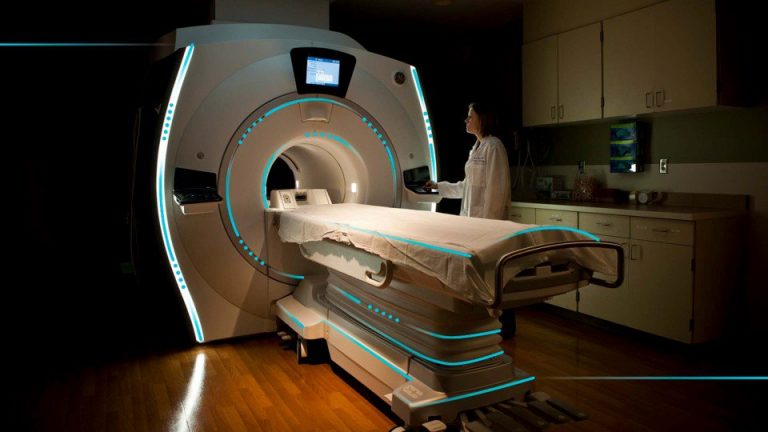Do fat animals die of heart attacks or are we alone? Questions such as these are as confounding as the answers. Though humans have a reputation for finding new ways to die and solving them with as much diligence, coronary heart diseases, is one area where we have certainly failed to lay a finger on. The main reason being the ever changing reasons that have been posited during the brief clinical history of cardiac diagnosis.
We have come a long way with regards to measuring heart beats; from pulse watches to ECGs. But, the struggle to revive a fading beat has always challenged us and still is. The treatments got better with improved understanding of the physiology of heart. Whereas, the risks surrounding this have changed their form owing to both natural and anthropogenic influences.
According to Dr J Shiv Kumar, Chief of Cardiology, Apollo Hospitals, one of India’s largest private healthcare companies in India, “Nearly three million heart attacks happen in India every year and there are 30 million people who are suffering from coronary diseases. It is almost an epidemic in this country”. Even though there are a number of CVD risk models available across the globe, there risk models for Indian population require different parameters.
Minimising Risk Of Cardiac Diseases With AI
Given the history and knowledge of cardiac diseases across the world or within our country, AI algorithms can be useful, however, for a country like India it will be difficult to extrapolate on a model which is built on thousands of parameters.
“LDL cholesterol, for instance, which is high in western populations and one of the major causes of heart attacks, isn’t that prevalent in Indian populations and despite that they had heart attacks. Clearly, the risk factors are different in the two populations and we must figure out the emerging risk factors in Indian population,” explains Dr. Kumar of Apollo hospitals.
Apollo Hospitals, is one of India’s first and largest corporate chain of hospitals. A population like that of India, offers a rich resource for data collection. This helped the team at Apollo hospitals to collect data accumulated over 7 years from master health check-ups. The data was 400,000 patients large and it made data mining challenging.
The team took the help of clinical experts and data scientists to make sure that the data they were working on was accurate. The hospital partnered with Microsoft that offered high computational powers and Azure cloud services to speed up the solution.
“Our partnership with Apollo Hospitals will be a major step in the journey towards providing accessible healthcare to everyone,” shared Anil Bhansali, Corporate Vice President, Cloud and Enterprise, Microsoft India (R&D).
Azure helped the team with accelerated model training, rapid prototyping and simulating the models on virtual machines for proactively monitoring model’s performance.
With the state-of-the art warehouse services, Microsoft made the job of data scientists easier with regards to data uploading and model training while maintaining the privacy of patient by removing all patient identifiable information from the datasets. The team claims to follow strict guidelines which adhere to Indian IT laws as well as HIPAA and ISO 20071 for data sharing.
Building A CVD Risk Score With The AI Model
It was inferred from the data that nearly 60,000 patients had been admitted to a hospital for a cardiac event after undergoing health check-ups. Of these, approximately 34,000 patients had two normal check-ups in a span of five years and yet had a cardiac event. Over 7,000 others had a cardiac event preceding one, two or three years of a normal health check-up.
The team fed the data of these patients into the Machine Learning model to find out the risk factors. Through the model, the team ascertained the different risk-factors, which current models were either not considering or not giving enough weightage in building the risk-factor score.
To build a model to predict heart risk for Indian population the team narrowed down the risk factors down to 21 after careful inspection of 100 risk factors and their correlations with 200 lab data points.
“We found that the accuracy of our model for Indian population in predicting the probability of coronary disease in the future was twice than the existing ones. It’s a game changer!” exclaims Dr. Kumar.
To enhance the ease of operation, the team has integrated this machine learning model into the Electronic Model Records(EMR) so that any general physician anywhere in the country can access the data and check the risk scores for respective patients.
This collaboration of Microsoft’s AI technology and the enormously valuable expertise of Apollo hospitals has dawned in a new era in the fight to avert the fatality associated with cardiac diseases.
With AI-powered Cardio API platform, the team claims that a patient can now get their risk score without having to undergo the exhaustive conventional health check-up.














































































